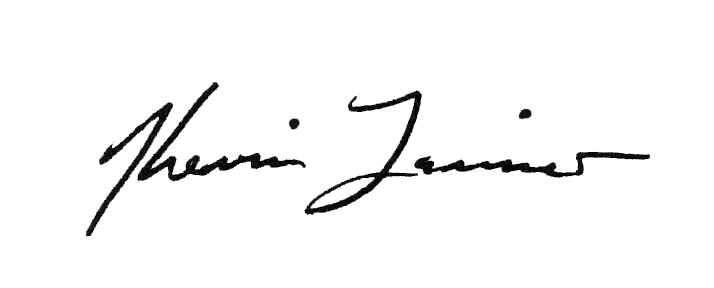More Than One Way to Verb a Noun
I suppose I’m not the only one who finally realized that a particular idiomatic expression I’ve heard countless times—and used once or twice myself—is in fact a pretty odd, even barbaric, thing to say about our feline friends. I’d like to think that such a revelation comes earlier for writers, invested as they are in not only the meaning, but also all the possible connotations of the words they use. Alas, the literal meaning of the expression used to convey that there is more than one way to achieve an objective somehow flew just under this editor’s radar until I started turning over in my mind the various themes in this issue devoted to a writer’s education.
In years past, this issue’s special section has featured topics mostly related to graduate programs in creative writing, and indeed this edition features plenty of guidance and advice for those traveling that route, specifically “Belonging and the MFA,” in which Jessica Kashiwabara considers those programs that are ahead of the curve in creating a safe, nurturing space for diverse communities, and “MFA Application Advice,” in which Luis Jaramillo guides writers through the ins and outs of important application materials. But in this issue we widened the scope and adjusted the focus to include other aspects of a writer’s development. As Jarmillo notes, “It’s tempting to think that in the writing life there’s a ladder of success, with well-defined rungs that ascend in a logical progression. That’s simply not the case. There’s no one way to write and no one way to live the life of the writer.” So in these pages we also consider other steps along a writer’s path, including finding permission to write and instilling in yourself a belief that your words and your ideas matter, learning alongside others in a workshop environment, fine-tuning your practice of close reading, and devouring a year of invaluable craft books. “Because becoming a writer doesn’t happen in one moment in time,” says Deesha Philyaw in her essay on finding permission. “If you’re lucky, it’s a lifelong process.”
Just as there isn’t one way to learn and live as a writer, it must be said that there isn’t one way to edit and put together a magazine. But for the past six years I have had the pleasure of assembling this magazine with someone who modeled for us the best way. This is Ariel Davis’s final issue as managing editor, and I wish her all good things in the next steps of her career. Her departure underscores another truth about writing and publishing: If you’re lucky, it’s a lifelong process that allows you to work with some remarkable people. Lucky me.







